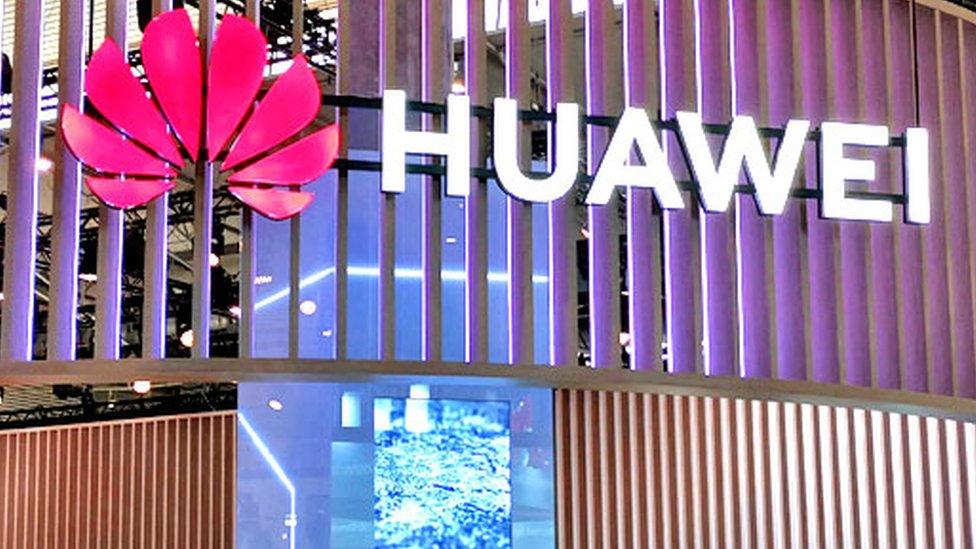Huawei row: Top civil servant demands leak inquiry co-operation
- Published
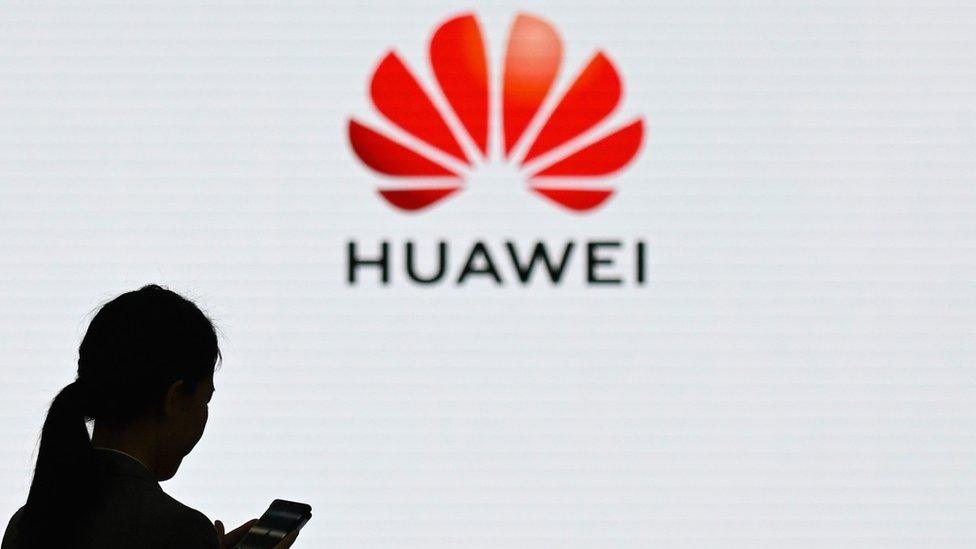
Britain's top civil servant has demanded ministers co-operate with his inquiry into the leaking of discussions at the National Security Council.
Sir Mark Sedwill has written to ministers on the council and their special advisers after the Daily Telegraph reported details of a meeting about Chinese telecoms firm Huawei.
It comes amid mounting pressure for a more robust response to the leak.
Several cabinet ministers have denied they were involved.
Following Tuesday's meeting of the council, the Daily Telegraph reported, external that it had agreed to allow Huawei limited access to help build Britain's new 5G network, amid warnings about possible risks to national security.
The paper also reported that various ministers had raised concerns about the plan.
There has been a backlash against the leak, with Culture Secretary Jeremy Wright saying the government cannot rule out the possibility of a criminal investigation.
Cabinet Secretary Sir Mark, who is also the National Security Adviser, is leading the internal inquiry.

Why does the leak matter?
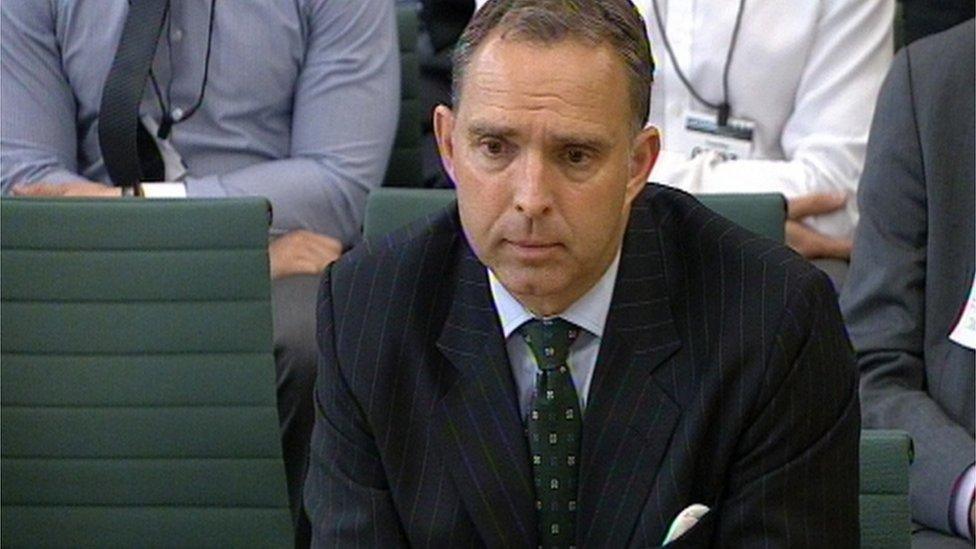
Sir Mark Sedwill is Cabinet Secretary and National Security Adviser
The National Security Council, external (NSC) is made up of senior cabinet ministers and its weekly meetings are chaired by Prime Minister Theresa May, with other ministers, officials and senior figures from the armed forces and intelligence agencies invited when needed.
Its talks are supposed to be confidential.
It is a forum where secret intelligence can be shared by GCHQ, MI6 and MI5 with ministers, all of whom have signed the Official Secrets Act.
BBC political correspondent Iain Watson said that while leaks from cabinet meetings were commonplace, information from the NSC had never previously been made public.

Lord O'Donnell, the former head of the Civil Service, told BBC Radio 4's Today programme any leaks from the NSC were "incredibly serious, a complete outrage".
On the leak inquiry, he said: "There are various constraints on what you can do. I've been involved in inquiries where we've looked at mobile phone records, e-mails records and the like."
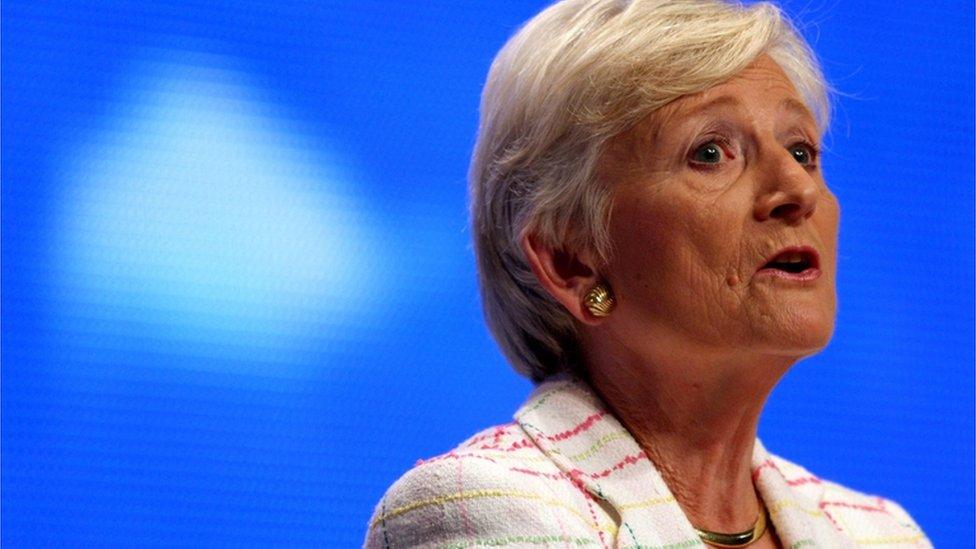
Baroness Neville-Jones is a former security minister and former chair of the Joint Intelligence Committee
Baroness Neville-Jones, the former chair of the Joint Intelligence Committee, told BBC Breakfast she was "sceptical" the inquiry would get results and said there seemed to be "an extraordinary lack of discipline at the top of government at the moment".
Former Defence Secretary Sir Michael Fallon told the BBC everyone involved in the council should be investigated to find out who the leaker is, while former Conservative chief whip Andrew Mitchell said the security services should be called in.
Amid speculation about who was behind the leak, several ministers have taken the unusual step of denying any involvement.
Home Secretary Sajid Javid said divulging sensitive information was "completely unacceptable" and it should "absolutely be looked at", while Foreign Secretary Jeremy Hunt told journalists it was "utterly appalling" adding: "I have never leaked confidential Cabinet discussions and I never will."
Defence Secretary Gavin Williamson said neither he nor his team had "divulged information from the National Security Council".
Sources close to International Trade Secretary Liam Fox and International Development Secretary Penny Mordaunt also denied they had been involved in the leak.
Chancellor Philip Hammond said it was important to "get to the bottom" of what had happened and to protect the principle that the content of NSC meetings "must never be repeated outside the room".
'Hidden backdoor'
In February, a defence and security think tank warned it would be "naive" and "irresponsible" to allow Huawei to access the UK's telecommunications system - a claim dismissed by the Chinese embassy as "scaremongering".
The Royal United Services Institute report said that if the Chinese tech giant was allowed to participate in the rollout of the new 5G mobile networks it could install a "hidden backdoor", giving the Chinese government access to the system.
But according to the Daily Telegraph, external, it was agreed at Tuesday's meeting of the National Security Council that Huawei would be allowed to help build the "non-core" parts of the UK's 5G network, such as antennas.
There has been no formal confirmation of Huawei's role in the 5G network and Downing Street said a final decision would be made at the end of spring.
Huawei has denied there is any risk of spying or sabotage, or that it is controlled by the Chinese government.
- Published20 February 2019
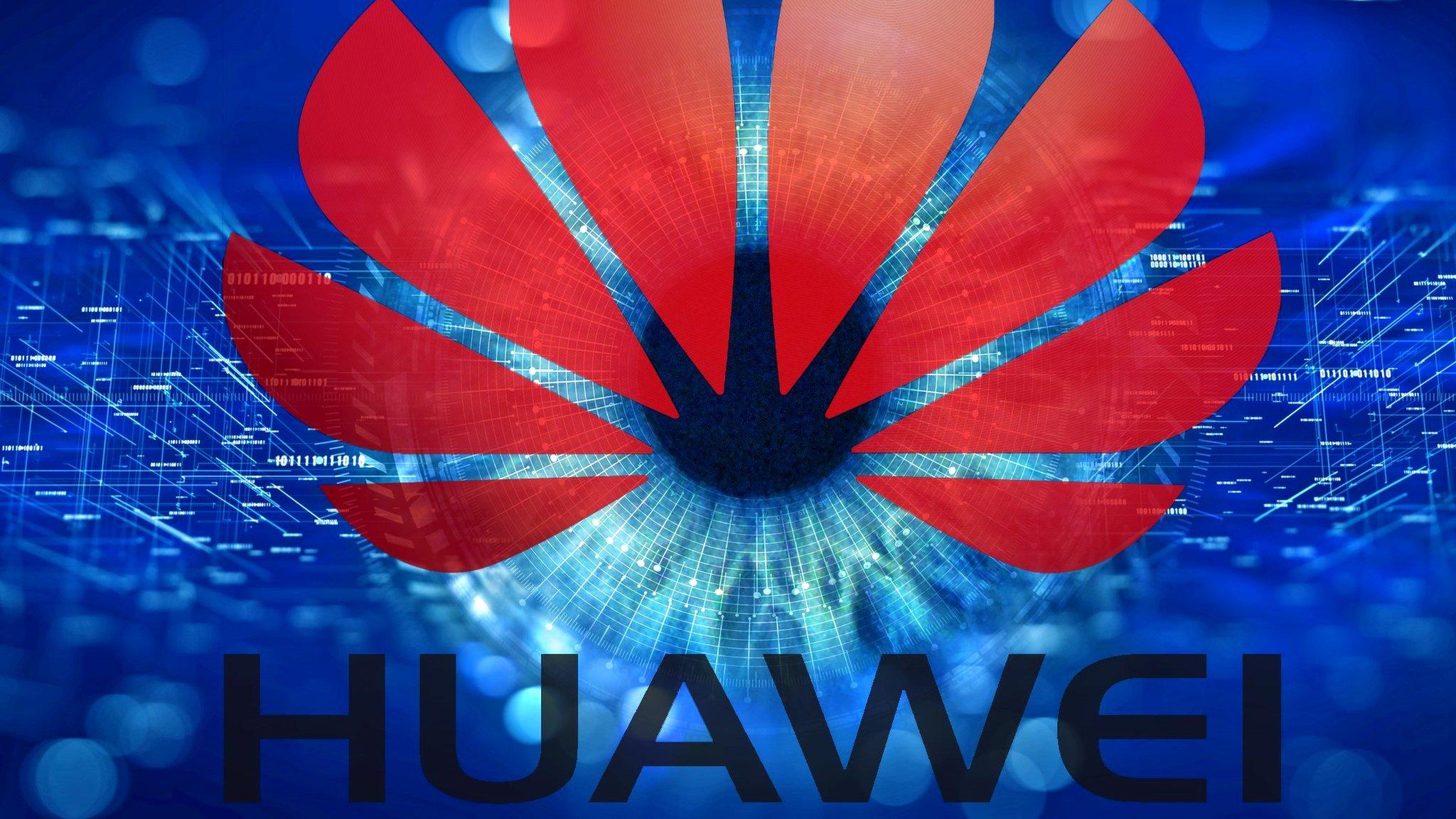
- Published18 February 2019
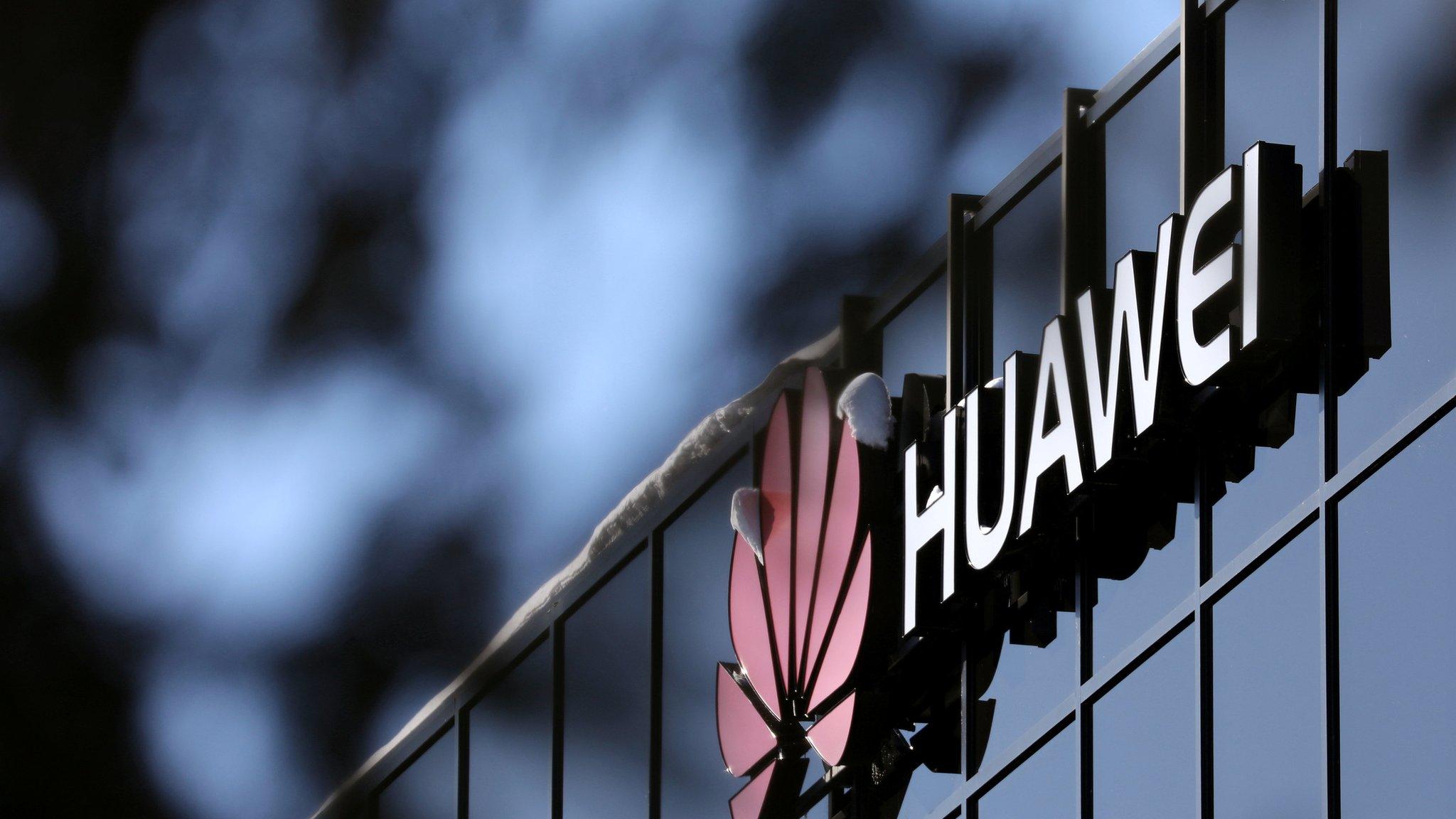
- Published7 March 2019
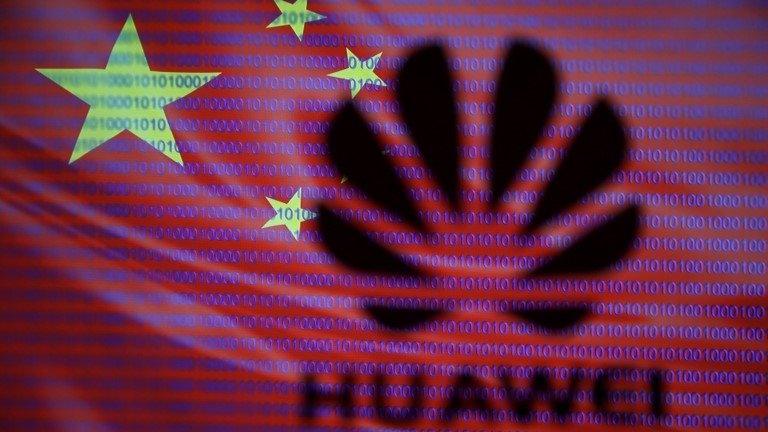
- Published25 April 2019
